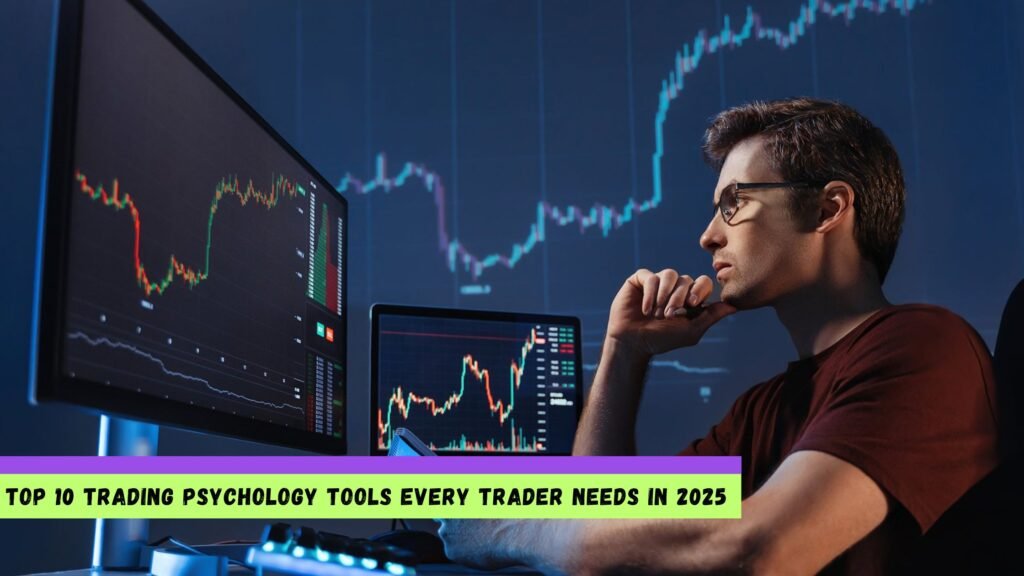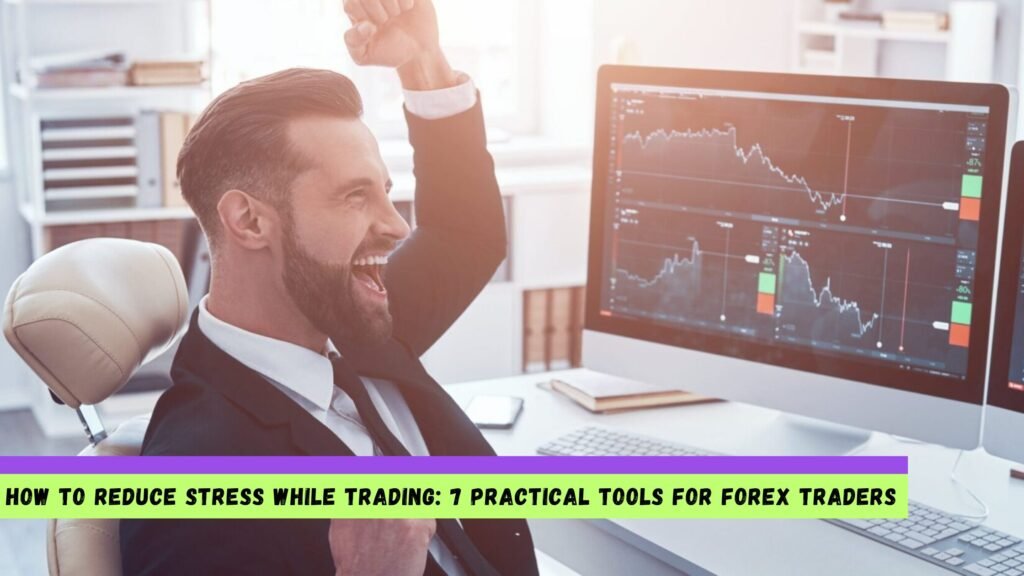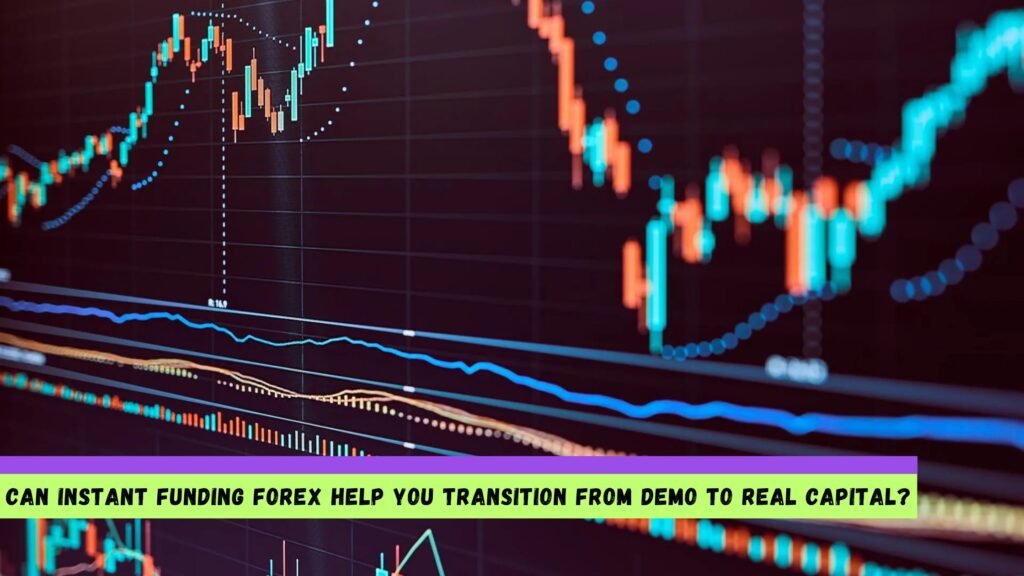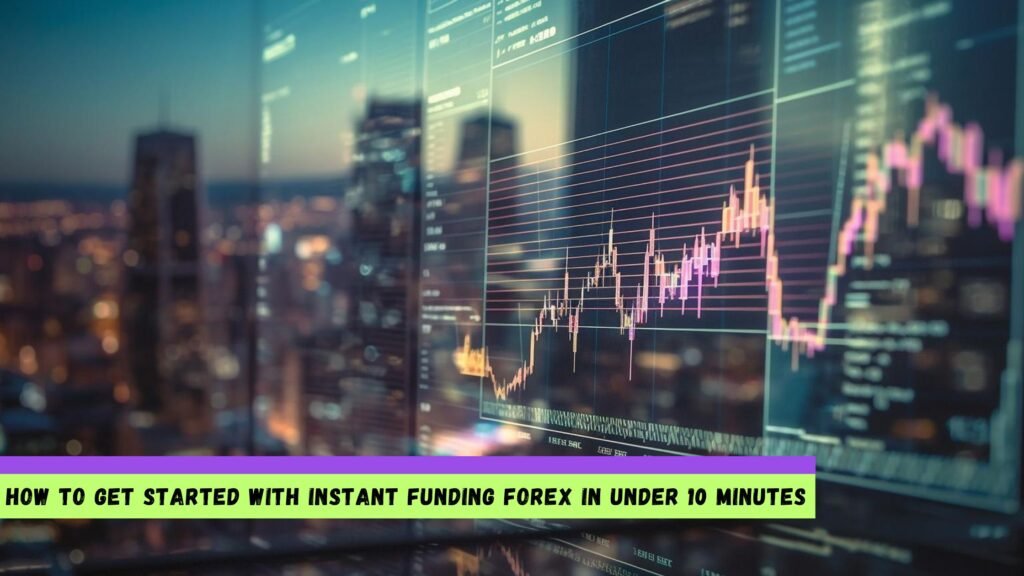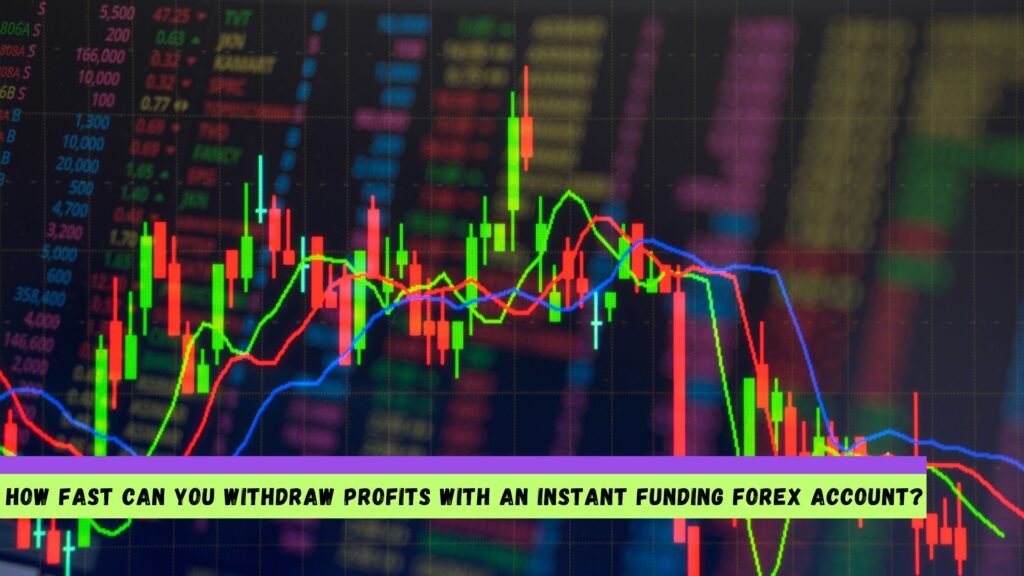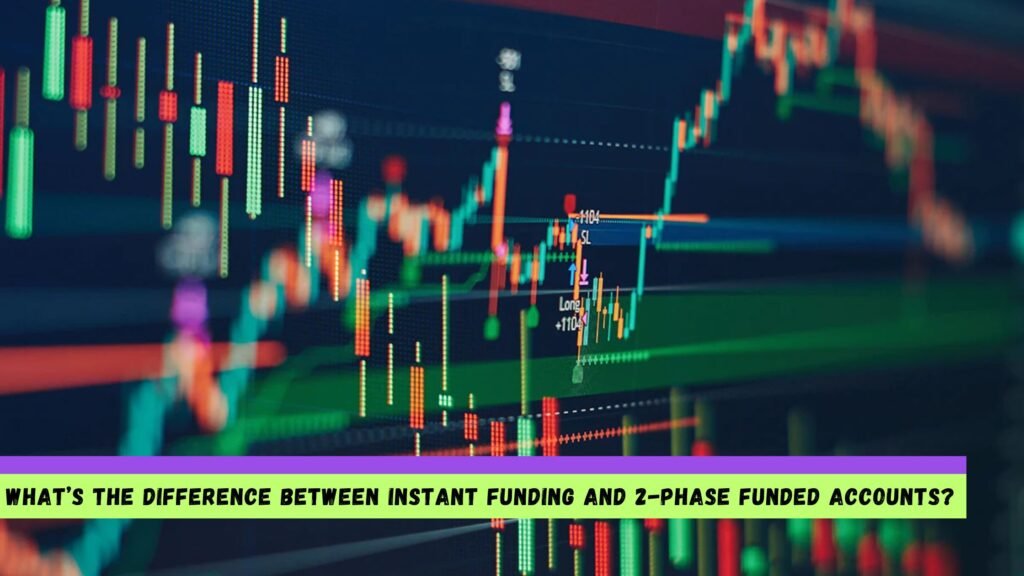Ask any consistently profitable trader in 2025 what gives them the edge—and they’ll say psychological control. The truth? Most funded accounts are lost not due to bad strategies, but due to emotional decisions.
At Funded Squad, we’ve seen it all: panic sells, revenge trades, over-leveraging after a win. All rooted in mindset errors.
This post outlines the 10 most effective tools and frameworks to keep you focused, calm, and consistent, especially under pressure.
1. Mindset Conditioning Rituals (Pre-Session)
Before any charts, start with mental alignment. High-level traders follow a pre-market routine that anchors them in control.
Elements to include:
- Breathing control (box breathing or 4-7-8 method)
- Visualization of plan execution
- Reminding yourself: “Follow process, not profit”
Studies show that even 10 minutes of morning mental preparation reduces impulsive trades by 29%.
2. Trade Journaling for Emotional Patterns
A trading journal isn’t just a log—it’s a mirror to your subconscious.
Record:
- What you felt before and after trades
- Why you entered (strategy vs. impulse)
- Whether you followed your rules
Weekly journal reviews help isolate emotional habits like fear after losses or greed after wins.
Pattern Example: “I tend to force trades after missing the NY Open.” → Now you know what to monitor.
3. Cognitive Reframing in Real-Time
Borrowed from Cognitive Behavioral Therapy (CBT), this technique helps flip negative thoughts into rational responses.
Example Reframe:
“I’m scared I’ll lose again.” → “Losses are data, not identity. I control my risk.”
This tool keeps you from internalizing losses and trading out of frustration or fear.
Practice reframing in your trading journal to create mental resilience.
4. Structured Risk Frameworks
Risk isn’t just numbers – it’s your emotional safety net.
Traders at Funded Squad benefit from:
- Clear loss limits = clarity
- Reward lock-ins = confidence
- No surprise rules = less anxiety
Your brain trades better when it’s not worrying about blowing your account. Use:
- Fixed % per trade
- Max loss per day
- Defined trade quantity
Elite Hack: Always know “what’s the worst-case scenario” before entering a trade.
5. Mid-Session Break Protocols
Mental fatigue is the silent killer of consistency. Even with the best strategy, tired brains default to emotional reactions.
Adopt 90-minute screen breaks with:
- Light movement (short walk)
- Deep breathing (inhale 4, exhale 6)
- Mind check-in: Am I still calm or chasing?
Skipping this increases revenge trading by up to 40%, according to performance psychology coaches.
6. Accountability Systems (Mentorship or Peer Review)
Top performers don’t operate in isolation.
They either:
- Have a trading mentor
- Participate in review calls
- Submit trade recaps to a coach or group
At Funded Squad, community review sessions help traders reflect objectively, spot patterns, and prevent ego-based trading.
Rule: If no one reviews your decisions, your brain becomes your biggest liar.
7. Daily Behavior-Based Goals
Forget P&L as a success marker. Focus on behavioral goals, such as:
- Follow the trade plan for 10 straight trades
- Avoid overtrading for 3 sessions
- Stick to 1% risk max for a week
Behavior > Outcome. Profit follows structure. Reward good behavior with breaks, rest, or small personal treats. This builds positive reinforcement loops.
8. Visualization of Ideal Execution
Visualizing success builds neural familiarity with discipline. Before sessions, close your eyes and picture:
- Entering a setup calmly
- Managing the trade with composure
- Accepting losses without emotional reaction
Olympic athletes and funded traders alike use this to prepare for volatility mentally. Your brain doesn’t distinguish imagined execution from real—it creates emotional muscle memory either way.
9. Emotional Trigger Recognition
Self-awareness is the shield that protects your account. Build a trigger library:
- “I get anxious after 2 losses.”
- “Big news spikes make me chase entries.”
- “I can’t stop when I’m up 5%.”
Create predefined actions to break the loop:
- Step away for 15 mins
- Reduce the lot size
- Log the feeling in your journal before trading again
Emotional awareness = emotional regulation.
10. Post-Session Reflection Framework
Success is built after the trade closes. Dedicate 15 minutes post-session to:
- Review trades
- Score emotional discipline (0–10)
- List mistakes without judgment
- Write one lesson you’d teach a beginner
Over time, this creates an internal performance dashboard that evolves your mindset with every trade.
“You don’t grow by trading. You grow by reviewing your trading.”
Final Word: Emotional Discipline is the New Alpha
In 2025, funded trading is a performance sport. And your mind is your primary tool. You don’t need to be a genius. You need to:
- Follow structure
- Respect your risk
- Understand your emotions
- Build daily rituals that anchor your mindset
At Funded Squad, our model supports not just your trading—but your psychological performance. From our instant payouts to supportive trader community, we help you stay accountable and composed—even when the market tests you.


